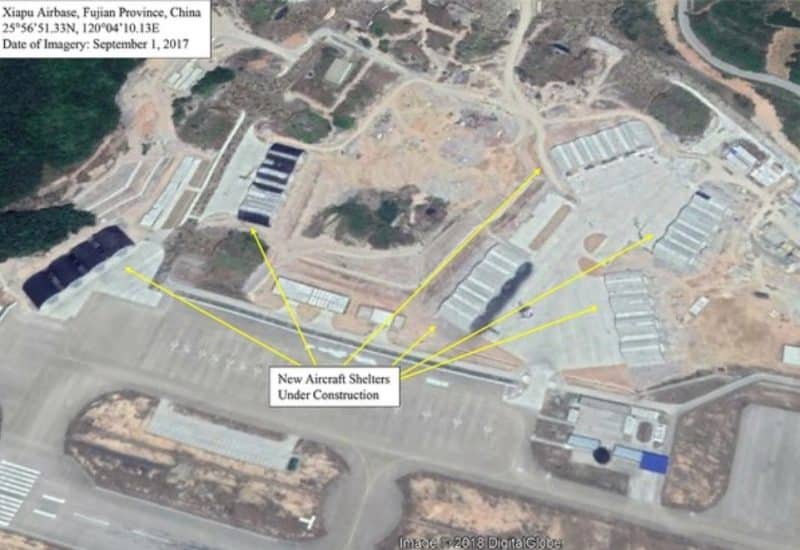According to Todd Myers, of the US National Geospatial Intelligence Agency, China is implementing Generative Antagonist Network (GAN) technologies to deceive the computers responsible for satellite imagery.
As AI springs up across the entire defense ecosystem, you might sometimes think that you end up reinventing the wheel. GAN technology, introduced in 2014 by a group of researchers (GoodFellow & al, 2014), makes it possible to generate fake or fictitious images. She is able to make a bridge appear or even implant a missile launch site that does not exist on an image.
Yet the implications of the GANs deployed by China are much deeper. This technology has also been described as the most interesting idea of the last 10 years in the field of Machine Learning by Frenchman Yann Lecun, winner of the prestigious Turing Prize and director of AI Research at Facebook. Unlike artificial neural systems used to verify the authenticity of an image, GANs make it possible to generate altered images capable of fooling the former. Schematically, GAN technology is made up of two neural networks, the first responsible for generating an image (the generator) and the second programmed to test its plausibility (the discriminator), hence their qualification as “antagonists”. ". Consequently, the image produced having already succeeded in convincing the discriminator, should theoretically fool any other software.
In this way, GANs embody a more advanced threat than simple fake news or retouched images. For the intelligence services and the army, the challenge is not insurmountable but requires time-consuming and very expensive verification processes. On the other hand, deployed on open source data intended for the general public, it will be private companies, journalists, NGOs and all citizens who will no longer have access to truthful or even verifiable information. Likewise, at a time when autonomous vehicle projects are becoming a reality, we understand the importance of reliable private mapping tools.
Like all technology, it is inherently neither good nor bad. Like Janus, she prefigures as many risks as opportunities. France has small amounts of data compared to the United States or China to conduct its research on AI. GANs, capable of generating realistic data from a low stock, could constitute a sovereign alternative to compensate for this lack.
To go deeper into the subject
Thibaud Mattei

